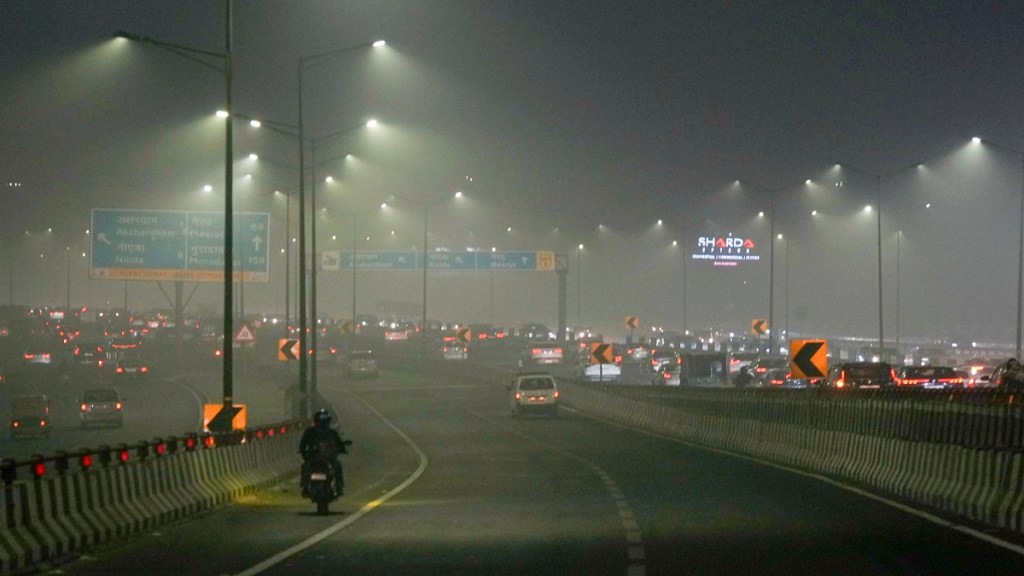GRAP 4 in Delhi: On Monday, Delhi’s air pollution levels reached the ‘severe plus’ category. Deemed as the worst of the season, the 24-hour average Air Quality Index (AQI) soared to 481.
Meanwhile, the India Meteorological Department (IMD) has issued an Orange Alert due to dense fog in the city. With the national capital wrapped in dense fog and visibility severely reduced, flight and train operations have been disrupted, leading to delays. Meanwhile, doctors and health experts are raising concerns over the impact of long-term impact of air pollution especially among children, pregnant women and elderly people.
How air pollution affects children?
Dr Kuldeep Kumar Grover, Head of Critical Care and Pulmonology – CK Birla Hospital, Gurugram revealed that children exposed to air pollution are more likely to develop asthma, pneumonia, and other respiratory infections.
“Air pollution can also cause breathing problems for children with asthma. Children exposed to air pollution are more likely to develop cardiovascular disease later in life. Prolonged exposure to air pollution can permanently damage the lungs and increase the risk of lung cancer. Air pollution is linked to 34% of preterm births, which can lead to lifelong health issues,” Dr. Grover told Financial Express.com.
He also revealed that air pollution is associated with middle ear infections in children.
“Exposure to traffic-related air pollution is linked to an increased risk of childhood leukemia. Pollution can contribute to stunted growth and it also can contribute to malnutrition,” he explained.
What are the symptoms of long-term exposure to air pollution in India?
Here are some symptoms that can result from exposure to air pollution as per UNICEF:
- Dry/irritated eyes, headache, fatigue, allergies or shortness of breath. In infants, look out for signs of exertion while breathing.
- People with asthma might experience more severe asthmatic attacks, shortness of breath, chest pain, coughing or wheezing.
How to protect your children from long-term exposure to air pollution?
Here are some key steps you can take:
- Monitor the air quality information where you live on a daily basis
- Try to reduce the time spent in areas where pollution is high
- When air pollution is particularly bad, it is best that children avoid strenuous activity.
- When air pollution outside is extreme try to keep your child indoors.
- If possible, consider installing air purifiers with high efficiency particulate air (HEPA) filters which are effective against indoor air pollution.

